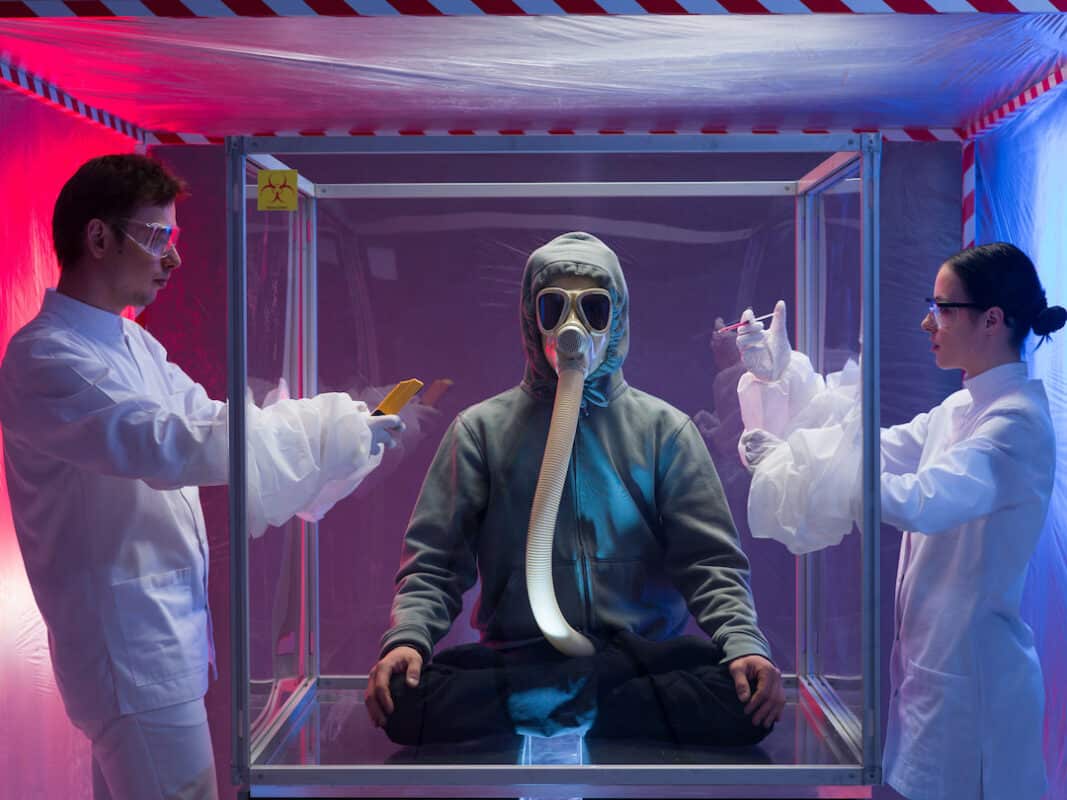Why is shingles contagious? Well, the answer to this question is not simple, because we don’t know exactly why it is passed on from one person to another. Shingles is commonly known as chicken pox in children, since it generally occurs in the area of the spine. This is why the outbreaks tend to occur around the time of a child’s birthday or at other special occasions.
Shingles, though it may look like the symptoms of chicken pox, is not caused by this particular virus. It is caused by a different virus called varicella-zoster virus, which remains dormant in the nerve cells of the area of the spine that it affects. This virus only affects a specific nerve area, causing painful blisters on the skin surrounding that nerve.
Because the virus remains in the nerve cells, it is possible to develop symptoms associated with several different infections, not just shingles. If the virus spreads to the lungs, for example, then there could be respiratory symptoms along with the pain and burning that are associated with the blisters. This spreads the virus further and makes treatment options and prevention methods different for each individual case.
Why is shingles contagious when treatment options are limited? There is no way to guarantee that a person will not pass the infection to others. The reason why shingles can be contagious is that there are numerous different strains of the virus and they can remain dormant for years. Only when the body’s immune system is weakened, do they become active, making them contagious. Since they are extremely contagious, they spread rapidly and become a large problem.
Who develops shingles? Shingles are fairly common in adults over the age of fifty and are often first experienced by those individuals who have had surgery or had their immune systems severely compromised. Those with diabetes are also more susceptible to the virus as well as people with other medical conditions that compromise their immune systems. Children may also be vulnerable to the virus as well as those who are born with lesions on their brains and feet. While the virus remains dormant in these areas, outbreaks can occur which can result in symptoms appearing.
Why is shingles contagious when the symptoms appear later in the day or night? If the virus is inactive, it will not cause any obvious signs or symptoms. The fact that the virus is dormant means that the virus will not trigger a response from the body when it is trying to fight it. This means that the body will not build up the antibodies needed to battle off the symptoms.
When the body does begin to fight off the virus, it will release chemicals to fight it off and these chemicals can cause side effects. These include nausea, aches and pains, headache and fever. Since these side effects are generally mild, many people feel no discomfort with having the virus in this state. However, they can nonetheless become infected when there is an open break in the protective coating of the virus. This leads to the symptoms appearing and the virus then spreading to additional locations.
Shingles can be treated with pain relievers or anti-viral medication. Some doctors even recommend surgery if shingles cannot be controlled or are extreme in nature. However, it is important to note that the virus is very contagious and outbreaks will occur frequently, so it is important to seek treatment as soon as possible to avoid further complications.
While the reasons as to why is shingles is important, it is also crucial to consider that it is not a dangerous virus in and of itself. Rather, it is merely a symptom of another health issue such as meningitis, or mononucleosis. Once you cure the main health problem that is the cause of the virus, you may not necessarily need to worry about why is shingles contagious. The virus, however, can linger in the body for months or even years after the primary illness has been cured.
If you suffer from shingles, you may want to seek treatment immediately. There are many over the counter medications that can be purchased to help alleviate the pain that is associated with shingles and the virus. However, remember that over the counter medications are only a temporary solution to your problems. The reason being is that the virus needs to be dealt with and your immune system needs to be healthy before the pain relief medications will provide any sort of lasting benefit.
Remember that there is no known cure for shingles. This is particularly true when the virus is related to the herpes family. If you are unsure of whether or not you have shingles, you should seek medical attention at once. Your health is much too important to experiment with. If you suspect that you do have shingles, it is imperative that you visit a doctor right away.

